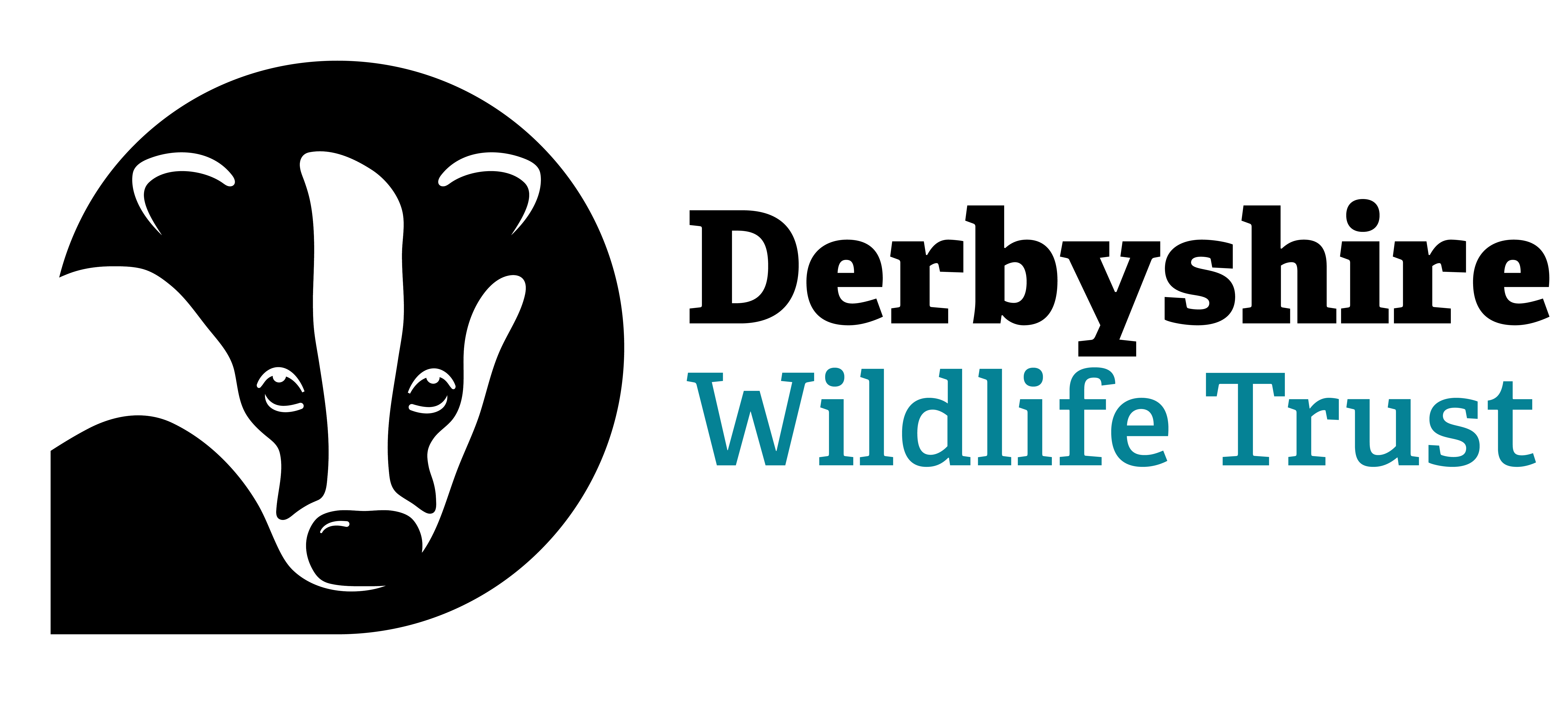This year, the focus is on ‘Saluting Our Sisters’, showcasing ways Black women have changed, inspired and shaped our communities and society. 2023 also marks the 75th anniversary of the arrival of the Empire Windrush – the first ship to bring the invited Caribbeans to the United Kingdom.
With a grandmother who is part of the Windrush generation, it is great to see their contributions and others like them recognised. That generation of people made remarkable changes to Britain, like the thousands of Black female nurses that were the bedrock of the newly formed National Health Service.
In my last job at the Derby West Indian Community Association, I taught the Windrush generation how to use their computers. I was lucky enough to interview the women who came to my class on their life stories for a museum exhibition. Many told harrowing stories of the racism they had to endure in 1950s and ’60s Britain, not just with everyday encounters but also at work.
Aspirations were not high for Black people arriving in the UK in those early Windrush decades, yet with perseverance and campaigning, examples of success started to grow. As black culture slowly began to be recognised on TV screens, local figures like Derby’s Charles Hill, the UK’s second Black magistrate and Tom Douce, a businessman who owned a local shop and Derby’s first black nightclub – The Carib International, showed that being Black wouldn’t hold you back in Britain.
It had an inspirational effect. Suddenly, people like my mother and other Black Britons in her generation could start to dream bigger. Now, it is not out of place to see a Black person in a variety of working sectors. And that for me is the most important part about BHM. Being able to see and hear about Black people that have come before and their remarkable achievements.
This is why I am writing this article for Derbyshire Wildlife Trust, as I believe that the environmental sector has work to do to highlight and create inspirational UK stories from Black people in the industry.
The statistics show this. Research from SOS-UK shows that only 4.8% of environment professionals in the UK are Black, Asian or from other minority ethnic groups (compared to 12.6% across all professions), making it the second least diverse sector in the nation. The situation shows no real signs of improvement, with 6-14% of students taking ‘feeder’ courses for environment careers from minority ethnic backgrounds compared to a 26% average.
Many reports have highlighted the great benefits of a diverse workforce including leadership teams. A workforce that is diverse in thought, experiences, backgrounds, and perspectives thrives. Companies and charities work better with a wider range of ideas and networks from their staff – something the environmental sector could be doing more to harness.
At Derbyshire Wildlife Trust, we want 1 in 4 people taking action for wildlife, so we understand the need to empower all sections of our society if we are going to be successful in tackling the climate emergency. For the Black community that means we should work together to highlight the impact of climate change, it is a global fight, that starts at home.
As a Trust, we must also inspire people to take action for nature and that work must start at a young age. For young people, positive exposure to nature means in adulthood they are more likely to engage with it or hold environmental sector jobs. As a Trust, we should show nature’s benefits to all sections of our community including Black youngsters at our various youth programs like Nature Tots and by creating more engagements with green spaces at our reserves and in urban settings.
Ultimately, Derbyshire Wildlife Trust and the environmental sector must amplify Black voices, work alongside communities for change and be part of the process towards building a sector that is diverse in thought, experiences, backgrounds, and perspectives – it will inspire the Black eco champions of the future.


